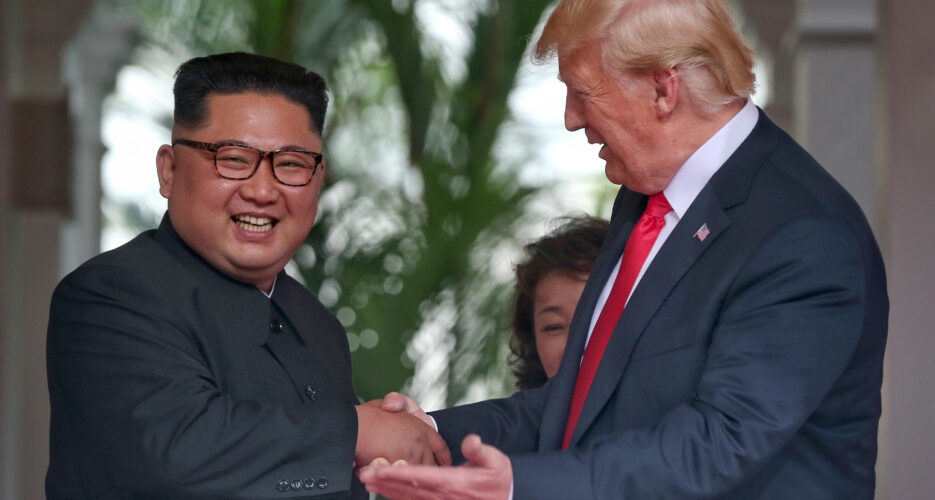It is hardly a stirring moniker, but 2019 is going to be the year of “complementary measures.” As followers of North Korea know, “complementary measures” is the term Pyongyang has adopted to describe the quid-pro-quos that the U.S. must extend in order to see progress in the nuclear domain.
The current jockeying over the sequence of summits (North-South or U.S.-North Korea) and the structure of negotiations (working-level, high-level, leaders’ meetings) in the end comes back to the central substantive issue: what are the two sides willing to offer to get to a deal?
It is hardly a stirring moniker, but 2019 is going to be the year of “complementary measures.” As followers of North Korea know, “complementary measures” is the term Pyongyang has adopted to describe the quid-pro-quos that the U.S. must extend in order to see progress in the nuclear domain.
The current jockeying over the sequence of summits (North-South or U.S.-North Korea) and the structure of negotiations (working-level, high-level, leaders’ meetings) in the end comes back to the central substantive issue: what are the two sides willing to offer to get to a deal?
Try unlimited access
Only $1 for four weeks
-
Unlimited access to all of NK News: reporting, investigations, analysis
-
Year-one discount if you continue past $1 trial period
-
The NK News Daily Update, an email newsletter to keep you in the loop
-
Searchable archive of all content, photo galleries, special columns
-
Contact NK News reporters with tips or requests for reporting
Get unlimited access to all NK News content, including original reporting, investigations, and analyses by our team of DPRK experts.
Subscribe
now
All major cards accepted. No commitments – you can cancel any time.










